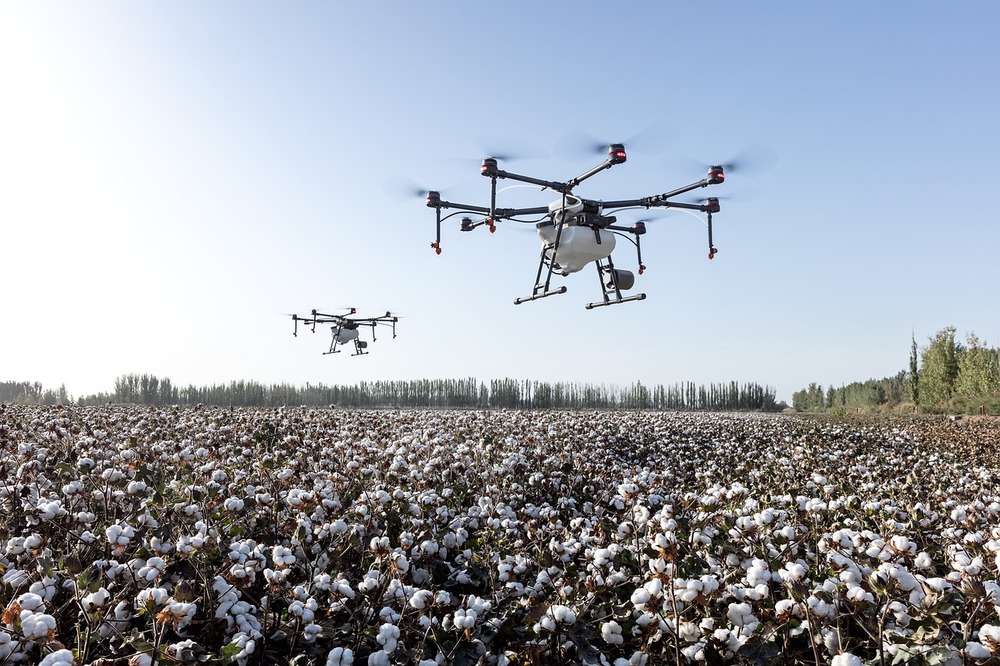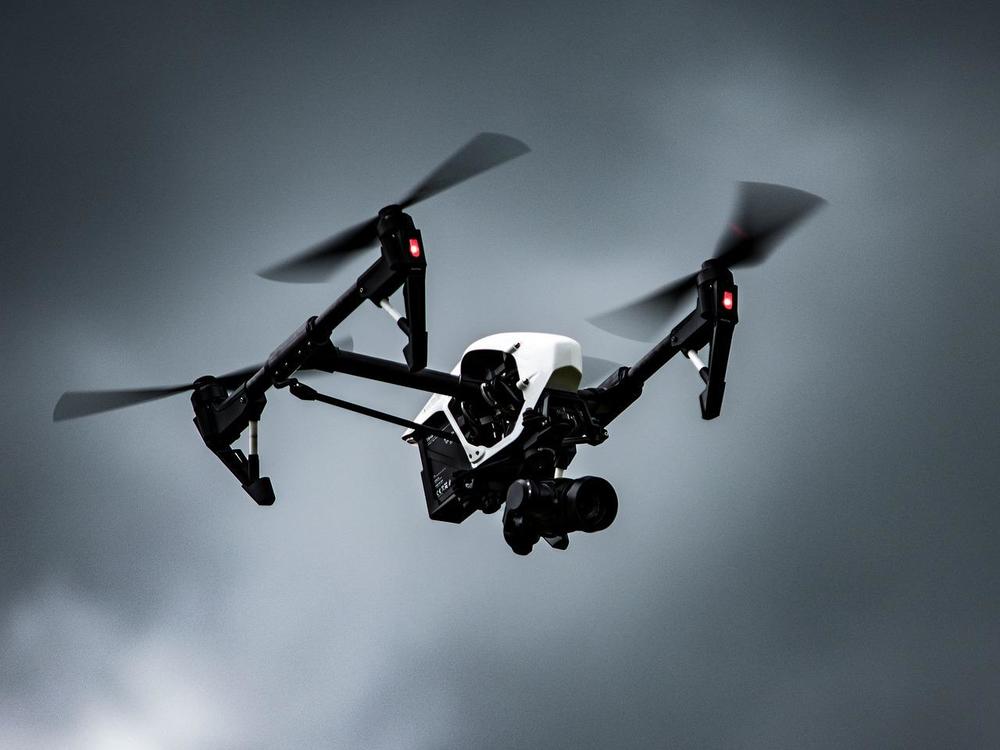We offer you and your projects’ partners a win-win solution based on a solid, long-lasting, fruitful relationship
You outsource the mundane & concentrate on what you do best
This article is part of a blog series on drones, exploring what drones are, and what they can do for the construction industry.
Drones can play a fundamental role in site safety. It is easy and safe to navigate a drone around your construction site, to discover early and worrying signs of hazards and safety risks. They can warn site managers to take early corrective actions by:

Drones can be seen everywhere but what are their uses in the construction industry?
You can fly drones inside a building to survey a specific room, or outside to scan hazardous sites. The possibilities are endless as drones can be used in various applications.
Drones are very trendy right now in the construction industry, thanks to their ability to collect data. They offer great benefits in:
Drone technology can be used throughout the whole life cycle of a project:

Drones used in the construction industry are mainly commercial drones, and their usage is growing fast. Drones are very beneficial to survey terrains in the field by tracking and recording machinery.
You can use two different kinds of models. Their usage depends on why and what you want to do with them.
Fixed wings drones are mainly used for mapping and scanning long distances. Their design is similar to airplane designs, allowing them to fly over a specific place at high altitudes along a pre-set path. They are very helpful to streamline pre-construction processes such as:
The downside is that they can only fly forward so they are less maneuverable in narrow areas or on terrains with a lot of obstacles.
Rotating blades drones are mainly used for inspecting and surveying short distances. Their design allows them to fly without moving forward and stay still over a specific area, which makes them more manageable than fixed-wing drones. They are efficient in:
The downsides are that they may be unstable, complex, and less efficient than other drones.
Drones are supplied with many features to help capture data on construction sites:
These features streamline the project management life cycle processes and increase efficiency and productivity. Drone software captures the information and sends it to computers via the internet so the data can be:
Drone capabilities directly impact the construction life-cycle allowing the industry to improve:
While the impact of drones in the construction industry is developing, they are already revolutionizing the sector and changing the way construction projects are handled. As long as the technology is able to pass aviation laws and zoning hurdles, it is safe to say that the commercial drone is here to stay.
The complexity of projects, as well as the requirements for sustainability of the existing buildings, are the main reasons for the exponential use of drones in the construction industry. Below we explore how these devices are transforming the industry

The main qualities of drones are their ability to:
Here are some examples of how to use drones in construction.
Depending on the type of drone you are using you can save up to 20 times the cost of creating a topographic map using traditional methodologies.
Before designing complex, large-scale construction projects, drones can:
With drones, you can not only produce accurate maps but also update them during the start of the construction. The two types of drones can cover:
The teams will also be able to use software to create 3D models, from the data collected, to streamline and speed up the planning and analysis processes you may use in your projects. Thanks to the drone’s high-resolution imagery, you will be able to:
Drones can be used to:
Companies using drones claim that they have improved their communication between all stakeholders by 65%. This was achieved by:
Drones increase visualization which improves client satisfaction by:
With drones, you can make sure that:
Many companies have experienced theft on their sites, which costs a lot of money. In between $300 million and $ 1billion of equipment, according to Gulfshore insurance, are stolen every year from construction sites and it is increasing year after year. Less than 25% is recovered.
Securing your equipment with drones is very easy and important, it will mitigate the risk of theft and save you a ton of money. You will be able to monitor people that are on-site and prevent unauthorized individuals to steal your equipment.
Construction sites are notoriously dangerous with a high risk of injury or even death.
Using drones for inspection and safety checks can save thousands for the construction industry, especially in phase audits and works certification costs. DroneDeploy claim that their customers saw a 55% improvement in their construction sites' safety. They can achieve that performance by:
You should use drone video cameras to monitor your sites to:
In renovation projects, you use drones to capture data of the built conditions of the construction to:

Drones are not considered a toy anymore, they are a mature technology for the construction industry. They are helpful to:
Driving Vision can help you to decide if you need to invest in technology. Our technology diagnostic looks at the best way to incorporate new technology into your workflows and how to move your organization to cloud computing so you can open up new possibilities for your daily planning tasks and make sure your data never leaves the optimally secured data center.
The technology appraisal report will help you to explore what investment is required to improve your projects’ productivity and collaboration as well as the ROI you can expect.
A Driving Vision expert will conduct the interviews online, issue a report, and discuss our findings with you. Together we will decide the best way to implement the solutions at your pace and according to your budget.
Implementing BIM can be daunting, but Driving Vision is here to help you at the pace you are comfortable with. Get started by getting in touch now
We act as your BIM coordinator
We Support your BIM IT
We Train & Coach you
We Innovate in Technology
We offer you and your projects’ partners a win-win solution based on a solid, long-lasting, fruitful relationship
You outsource the mundane & concentrate on what you do best
